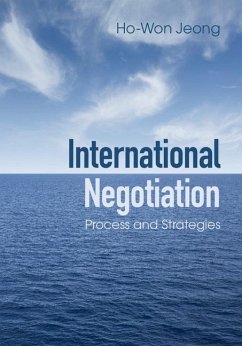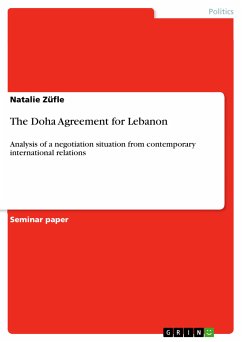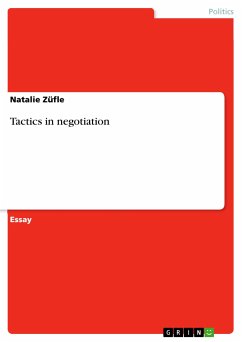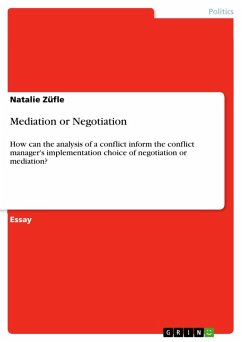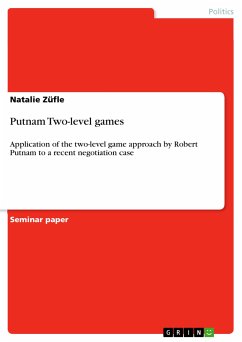Negotiation has always been an important alternative to the use of force in managing international disputes. This textbook provides students with the insight and knowledge needed to evaluate how negotiation can produce effective conflict settlement, political change and international policy making. Students are guided through the processes by which actors make decisions, communicate, develop bargaining strategies and explore compatibilities between different positions, while attempting to maximize their own interests. In examining the basic ingredients of negotiation, the book draws together major strands of negotiation theories and illustrates their relevance to particular negotiation contexts. Examples of well-known international conflicts and illustrations of everyday situations lead students to understand how theory is utilized to resolve real-world problems, and how negotiation is applied to diverse world events. The textbook is accompanied by a rich suite of online resources, including lecture notes, case studies, discussion questions and suggestions for further reading.
Dieser Download kann aus rechtlichen Gründen nur mit Rechnungsadresse in A, B, BG, CY, CZ, D, DK, EW, E, FIN, F, GR, HR, H, IRL, I, LT, L, LR, M, NL, PL, P, R, S, SLO, SK ausgeliefert werden.

